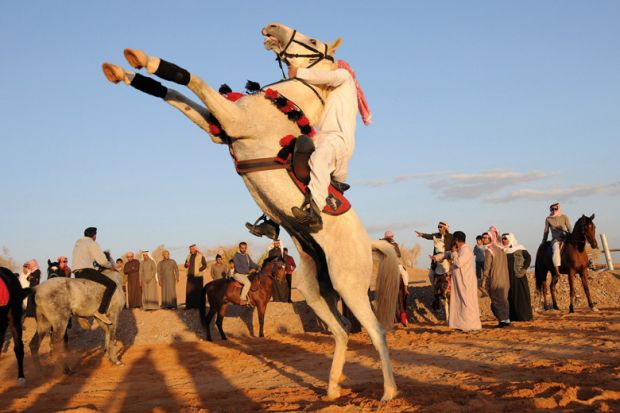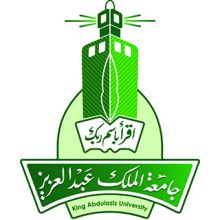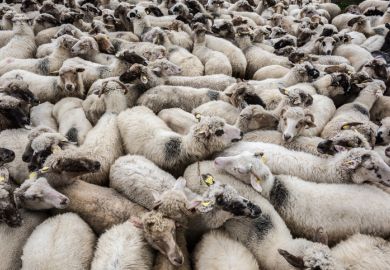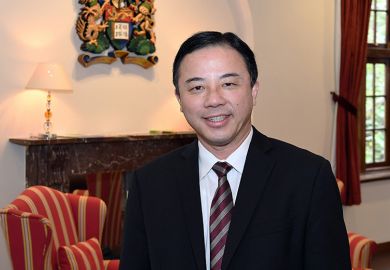Academics in Saudi Arabia are facing “so much stress” trying to meet ambitious targets on research income, according to a senior adviser at King Abdulaziz University.
The Saudi government wants higher education institutions to become self-sufficient by 2030 as the country develops a technology-based economy in anticipation of its oil and gas reserves dwindling.
Ministers are aiming for all institutions to be ranked in the top 100 globally by the same date, and for them to become specialists in certain areas while maintaining a comprehensive subject offering for students.
Habib Fardoun, director of the Observatory Center for Academic Standards and Excellence at KAU, said that these targets had filtered down to departments in the shape of pressure for researchers to work with industry on collaborative projects that find solutions to societal problems, to work in multidisciplinary teams, and to improve teaching.
Many universities are trying to increase their income from industry by working on applied research projects, and by providing consultancy services for the government.
“There has been so much stress for us,” he told Times Higher Education at its Research Excellence Summit, held in Taiwan last month. “For example, we have to be working at the university and we have to be in touch with industry to see how we can improve our relations.”
It is no longer enough to produce a “nice research paper”, Professor Fardoun added. “It has to be in relation to society, [for example,] are you providing a new thing in terms of education, are there new multidisciplinary relations, [is your research] providing solutions for industry or our students and so on.”
Professor Fardoun said that the biggest barrier was not researchers’ ability to fulfil these tasks.
“To be honest with you, the [biggest] barrier that we are having is reputation,” he said. “People have to believe in you and that you are able to pull off this type of project.”
In the past, KAU has spent significant sums of government money attracting world-renowned researchers to work at the institution to develop its research programmes. But it now needs to find a more sustainable future, he said.
He explained that while institutions did have “good academics” who can provide solutions for industry, they are currently working to ensure that companies can believe in them. “This is where we are right now, crossing the bridge [so] that [firms] can give us the chance,” he said.
Professor Fardoun said that about half the university’s academics are now Saudi nationals and the plan is to increase this further in the years ahead.
At KAU, research income has grown from $200,000 to $340 million (£153,000 to £260 million) since 2012, he said. But Professor Fardoun added that he was “not quite sure” that the university would be self-sufficient by 2030.
Register to continue
Why register?
- Registration is free and only takes a moment
- Once registered, you can read 3 articles a month
- Sign up for our newsletter
Subscribe
Or subscribe for unlimited access to:
- Unlimited access to news, views, insights & reviews
- Digital editions
- Digital access to THE’s university and college rankings analysis
Already registered or a current subscriber? Login







